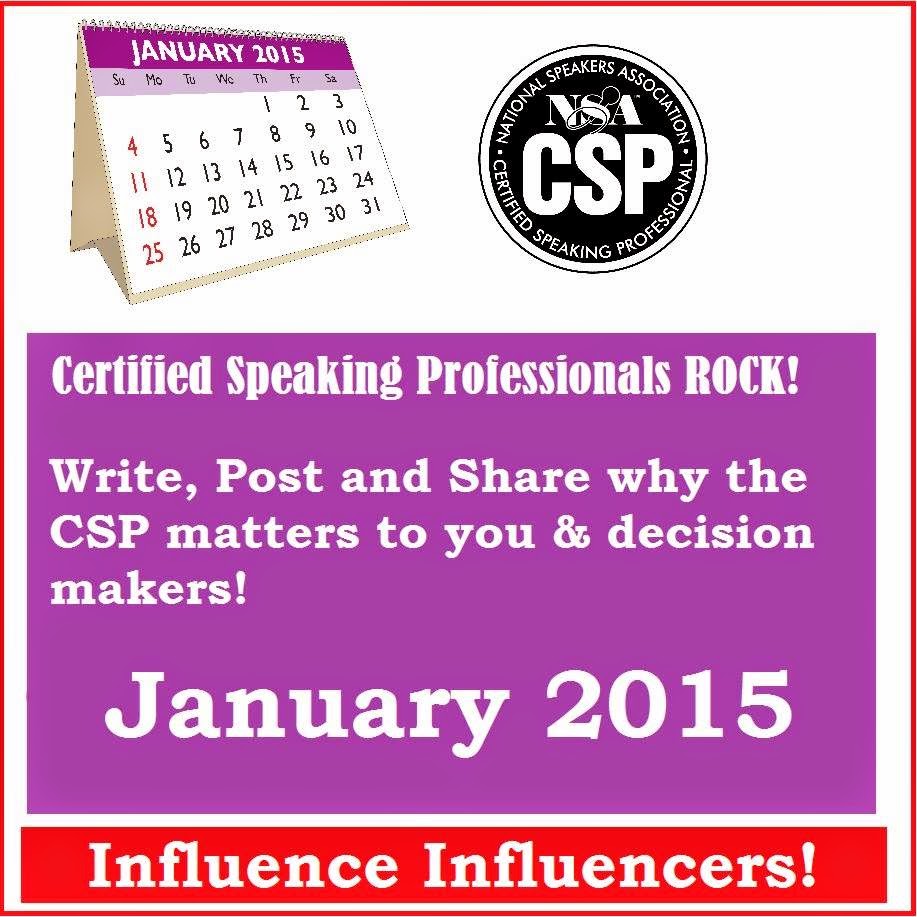While interaction and audience engagement is paramount to learning and the retention of information, is it the magic bullet to make keynotes and breakout sessions awesome? If the speaker is not skilled at leading discussions and creating an engaging atmosphere, their talks become choppy and the activities become forced.
Interaction for the sake of interaction is not necessarily creating better learning environments. There is so much more to being effective than scheduling times to make people turn to their neighbors and bare their soul. While I am not disputing the value of having the audience involved in the learning, my own experiences as a student have shown that a passionate and enthusiastic teacher is also important. While we in the meetings business are talking a lot about audience participation, we need to have higher expectations of the speakers we put on stage. Experience presenting, a desire to impact the audience, and a passion to inspire are often overlooked in the selection process.
A speaker who captivates an audience does not have to follow a pre-set path of interactive games. Sometimes it seems committees are less interested in the skill of a speaker if he has submitted a well written learning objective filled proposal.
I was recently in a convention break-out session where the speaker had the audience fill out a worksheet. The speaker, to encourage full disclosure in personal answers, told the crowd to write down whatever they were thinking.... and that she would not make them share their answers with their neighbors. The whole room burst into applause (I mean honest cheering), as every other session at this event was more about chatting at tables than hearing from speakers.
Is it possible we have gone too far with the need to make every talk be about sharing from the crowd? Could a happy medium be what people really want in their conference attendee experience? Before you attack me for asking this question (and as I write this I can feel some experts dismissing my thoughts because the do not agree with their own beliefs), ask yourself if we have not seen other concepts become hot trendy issues that later level out to the reality.
I am not saying "no interaction" (please do not think that is what I am writing about), but instead get speakers involved early to understand what this means and work with them to create activities that help their overall presentation be memorable.
My own memories of learning while attending conferences come from a level of excitement and energy from the teacher / speaker and their commitment to the audience (think back to high school - which teachers made a difference in your life? I bet they were the ones who were them most committed to helping you succeed).
I like audience engagement exercises, and use them in my own talks, but this has become the buzzword in the event world. A meeting organizer recently asked me how many interactive activities I would have in a 45 minute keynote? My answer of "one or two, depending on the talk" (remember, this is the kick off keynote at 8:00 AM, not a workshop) was answered with "we require all speakers to insert an activity every seven minutes or we will not hire them. Ummmm, what? I asked a few more questions and she said her boss attended a seminar the month before and learned this would improve their event. Not sure one way or the other, but I think the issue is deeper than games in the talks.
Let's all work together to set the tone for conferences where people learn more and have positive experiences that lead to them coming back year after year. Creating powerful learning experiences takes more than telling your neighbor they are a winner. There are many variables that go into creating an impact as a speaker, trainer or other person who is ready to teach. Engagement activities are just part of the very complicated answer.
Have A Great Day
thom singer
***Thom Singer is a professional master of ceremonies and keynote speaker. He is known as "The Conference Catalyst" for how the way he sets the tone for corporate and association events. www.ThomSinger.com


.jpg)



.jpg)



